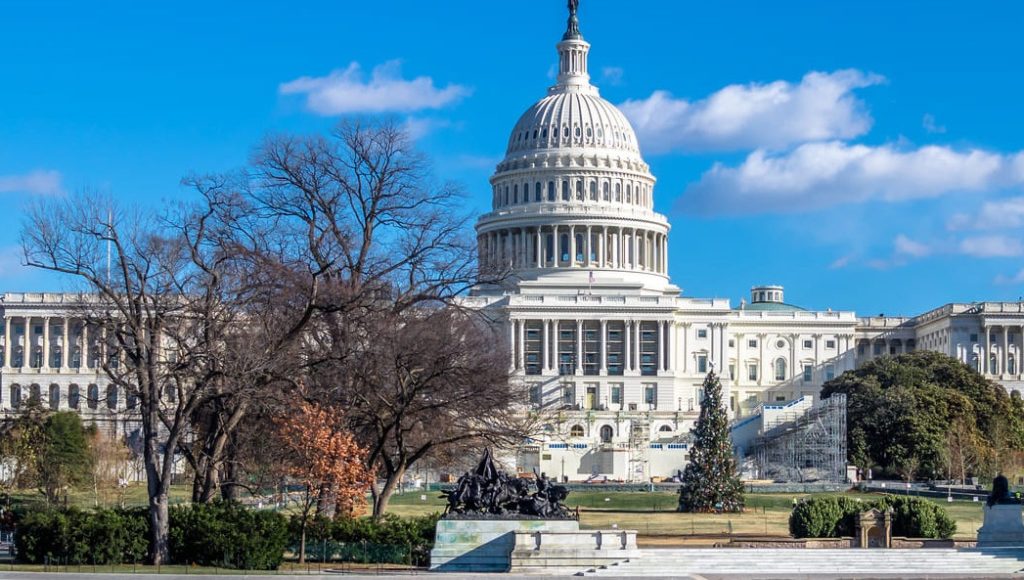
The Fee Is Free Unless You Win.
Top Rated Employment Law Firm
Protecting Families Since 1995
$450 Million Won
TABLE OF CONTENTS
A class-action lawsuit occurs when a group of people has been wronged by the same product, company, or actions. The group of similarly situated people is called a class. The class action combines all plaintiffs into one class.
Class action lawsuits require specific court procedures. A qualified class action lawyer can help create a class to become certified by the court to proceed.
For over 25 years, the qualified class action lawyers at the Derek Smith Law Group have helped clients in New York City, Philadelphia, Miami, Los Angeles, and New Jersey qualify for class action lawsuits and get the compensation they deserve.
When a group of similarly situated people decides to combine forces to file a lawsuit against a company, business, people, or organization, they may form a class action.
The class-action suit represents not only those who are actively involved in the litigation process. It also includes other people who have been wronged by the same company, business, people, or organization.
These individuals may not know a class has formed. However, they may still get included and receive notice that a settlement was reached.

Classes are composed of all people wronged in the same manner by the same Defendant(s). Classes are formed when several Plaintiffs file a lawsuit against the same Defendant(s) under the same claims.
However, once a class is created, class action lawyers will notify others of the class action, providing the opportunity to join the class.
Therefore, the class action involves the lead Plaintiff(s), or those people who filed the lawsuit. They also include people who join the class without actively participating in the litigation process.
As lawyers begin to evaluate a case, they may find other people affected by the same issues and concerns. As the process continues, the attorney may ask if others wish to join the litigation.
As more people want to be added to the lawsuit, the attorney may determine he has a class of people to create a class action case.
However, merely calling a case a class action is not enough. Once a class is formed, the attorney must request a class certification from the court. The Federal Rules of Civil Procedures Rule 23 requires the following requirements to qualify as a class:
State courts may also certify class actions, using similar state rules of civil procedures.
A class-action case can be filed in state or federal courts. However, under the Class Action Fairness Act, any class action lawsuit with a likely settlement over $5 million may be moved to federal court.
Corporations worry that class action litigation in state court may be abused. The corporations feel they may not receive a fair trial. They fear the plaintiffs would choose a state with laws best suited for them. Small companies may only operate in one state. However, large corporations may operate in numerous states, some of which are better for business than others, which favor consumers.
The Class Action Fairness Act prevents the Plaintiffs in large class action cases from shopping for the best state in which to file the lawsuit. Once a potentially large class action case is filed, the corporation may request the case be transferred to federal court. The Class Action Fairness Act stipulates the expected potential settlement must be $5 million or higher to transfer the case to federal court.
Multidistrict litigation occurs when multiple plaintiffs file many lawsuits against one entity across multiple federal district courts.
These cases may include class action lawsuits. However, multidistrict litigation cases are not all class action lawsuits.
If there are many multidistrict litigation cases filed, the courts may require Bellwether trials. A Bellwether case is a test case to determine how successful an argument may be. The judge may order an attorney to try several cases in several states to see jury reaction, decisions, and opposing arguments. Then, the attorney can use this data to aid in the settlement process for other cases.
Bellwether trials are not binding on other cases. However, the information can be critical to assist the lawyer in the process for related matters.
Not every case has the capacity to become a class-action lawsuit. However, when several people experience an injustice of injury from the same product, service, organization, or employer. The following types of cases may be filed as class action suits:
A class-action grievance relates to union employees and the contract (or collective bargaining agreement). When there is a violation against the collective bargaining agreement, union employees may file a class action grievance against the employer. These grievances do not go to court. Instead, they are submitted to an arbitrator to settle the dispute.
Discover how our expertise has helped clients overcome their legal challenges and achieve successful outcomes.
View All TestimonialsOlivia is the best! Oliva was very thorough, patient, and very detailed and descriptive regarding the process. She was very supportive of my sexual harassment case. From the very beginning, she communicated and would provide me with any updates and she was always available when I needed anything. More importantly, she always extended that comfort level of trust which always made me feel at peac... Read Full Testimonial
Casey Barkhordarian is a fabulous attorney to work with. He explained everything to me about the case (including the millions of questions I asked) right from the start of our very first meeting. He did so in a way that I could understand and was very prompt and clear with communication the entire time. Casey Barkhordarian is a very competent and knowledgeable lawyer to have on your team. I def... Read Full Testimonial
Matt Finkleberg is by far the best attorney I’ve ever hired! From the outset, it was evident that he was not just another lawyer; Matt is nothing short of extraordinary. He possesses the ability to do his job phenomenally while somehow managing to give me hope during one of my darkest of hours. Matt consistently returned my calls promptly, regardless of my questions, confusion, or self-doubt ... Read Full Testimonial
I cannot speak highly enough about my experience working with Matt Finkelberg. From the very beginning, Matt approached my case with an incredible level of professionalism, knowledge, and dedication that immediately put me at ease. It is rare to find an attorney who not only possesses an impressive depth of legal expertise but who also truly cares about the well-being and best interests of thei... Read Full Testimonial
Olivia is absolutely outstanding! She understands the emotional side of your case while being able to find the legal aspects of holding the employer accountable for breaking the law! Made a really terrible situation a little easier by explaining everything and helping me get everything in order and in the right hands. I would not use anyone else! Call them for any sexual harassment case... You ... Read Full Testimonial
This law firm is absolutely amazing!!! They went so above and beyond for me!!! I am so grateful for all their help with my difficult case!!! If you need a lawyer, you will be in great hands with their firm!!! And wait until you see the office! The building is so high tech I couldn't figure out how to get in the elevator lol!
It was a pleasure to have Casey represent and help me for my employment case. It was my first time needing an attorney, so I was a bit apprehensive at first – Casey took the time to answer all of my questions and fully explain everything to me, which really put me at ease. He was very attentive, supportive, and knowledgeable throughout the whole process – Casey would ask questions to ensure... Read Full Testimonial
matt is an excellent attorney. he handled my case with the utmost care and highly exceeded all expectations. i could not recommend derek smith and esp. matt finkelberg enough
matt is an excellent attorney. he handled my case with the utmost care and highly exceeded all expectations. i could not recommend derek smith and esp. matt finkelberg enough 🙂
Matt handled a suit against the City of LA and members of the a Neighborhood Council for racial discrimination and harassment. Ths was the first suit of this type filed on a Neighborhood Council Matt handled it with poise and above all professionalism. He walked me through the 3 year process and above all provided moral support and encouragement as I still experienced racism and harassment duri... Read Full Testimonial
Matt Finkelberg is Amazing and Devotional! It was a pleasure to have Matt represent me for my employment case. He was very attentive, supportive, and knowledgable throughout the whole process. Whenever I reached out he responded promptly which I greatly appreciated. Matt fought diligently and hard throughout my case to make sure my case was represented best. Thank you again Matt for everything.... Read Full Testimonial
It was a pleasure to have Casey represent and help me for my employment case. It was my first time needing an attorney, so I was a bit apprehensive at first – Casey took the time to answer all of my questions and fully explain everything to me, which really put me at ease. He was very attentive, supportive, and knowledgeable throughout the whole process – Casey would ask questions to ensure... Read Full Testimonial
Our dedicated attorneys are ready to fight for your workplace rights and ensure justice!
A collective action is used mostly for employee-related lawsuits in which a group of employees is affected by employer wrongdoings. They are similar to class action and can include cases such as:
If you believe you have been harmed by a defective product, dangerous drug, employer violations, and more, contact the dedicated lawyers at the Derek Smith Law Group.
Our attorneys can help determine the details of our case and potential involvement in a class action case. Call our class action litigators today at (800) 807-2209 for a free consultation.

Our experienced legal team provides reliable services in key U.S. cities, ensuring expert assistance for workplace discrimination and employment law matters wherever you are located.
 New York City
New York City
 New Jersey
New Jersey
 Philadelphia
Philadelphia
 Miami
Miami
 Los Angeles
Los Angeles
 San Francisco
San Francisco
 San Diego
San Diego
 Washington DC
Washington DC
Our experienced employment lawyers are dedicated to resolving your workplace rights concerns with expertise and care.